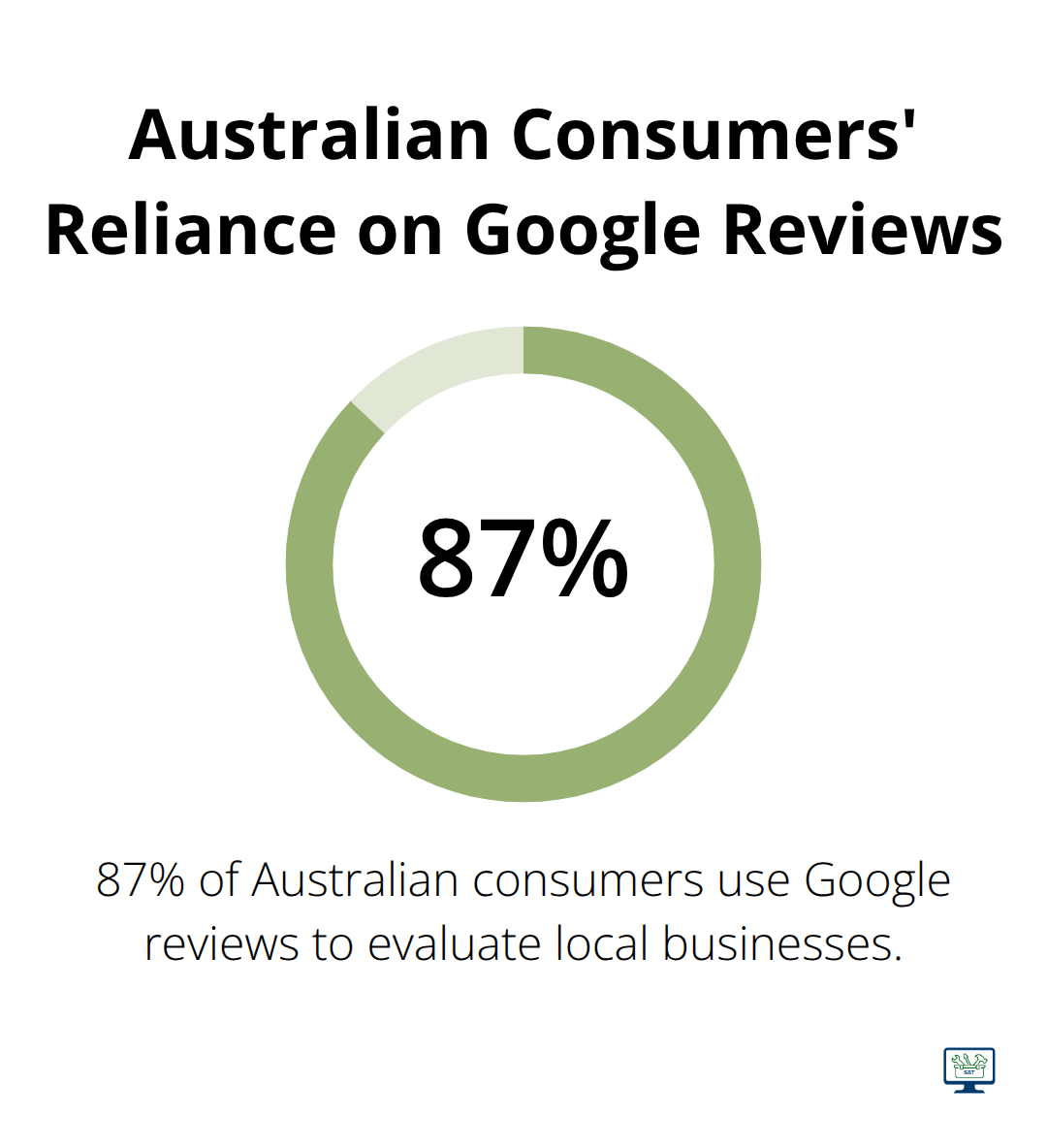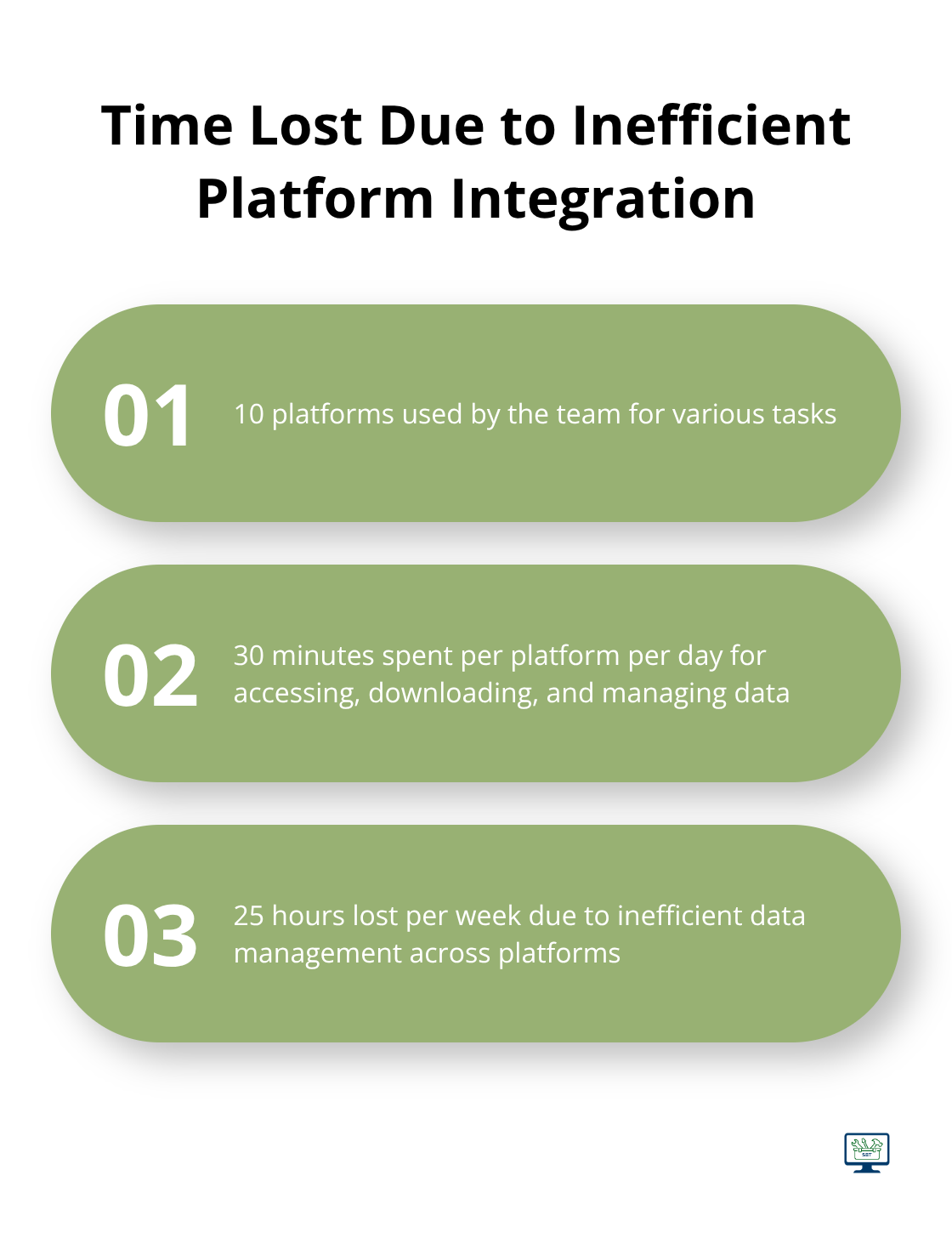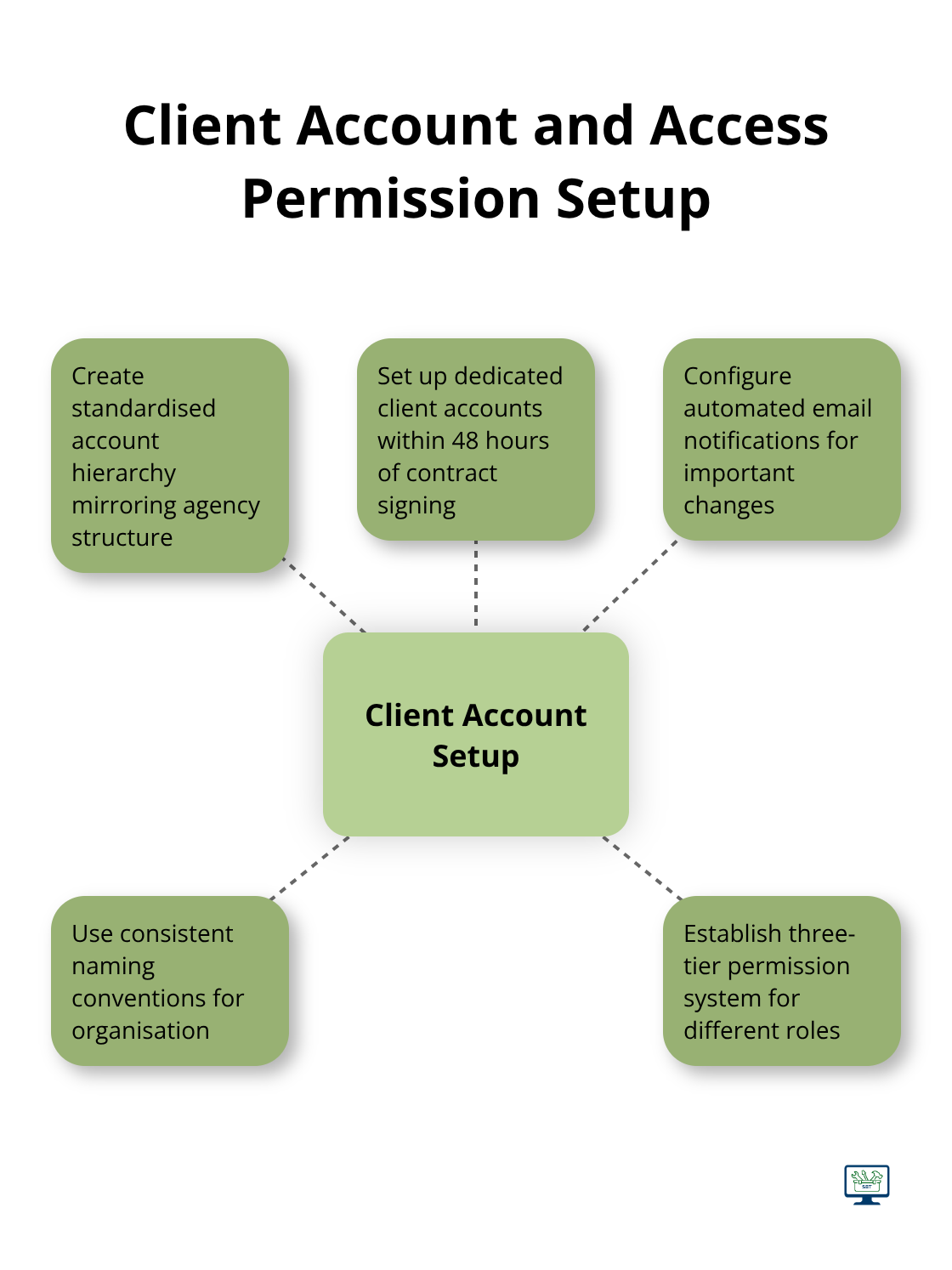How to Choose the Best SEO Reseller Software?

Published On Oct 05,2025
Australian small businesses are increasingly turning to SEO reseller software to expand their service offerings without hiring in-house specialists. The market offers dozens of platforms, each promising different features and pricing structures.
At WebsiteStrategies, we’ve tested the leading solutions to help you make an informed decision. This guide breaks down the essential criteria for selecting software that fits your business needs and budget.
Key Features to Look for in SEO Reseller Software
White Label Branding and Customisation Options
The best SEO reseller platforms provide complete branding control, allowing you to replace every logo, colour scheme, and domain reference with your own. AgencyAnalytics leads this space by providing fully customisable dashboards where your brand becomes the sole identity clients see. This means your reports display your company logo, use your colour palette, and operate under your domain name. Quality platforms also offer custom email templates and automated client communications that maintain your brand voice throughout the entire customer journey.
Comprehensive Reporting and Analytics Dashboards
Your software must generate comprehensive reports that non-technical clients can understand and value. The most effective platforms provide automated monthly reports that feature traffic growth percentages, keyword ranking improvements, and conversion metrics presented in visual formats. Look for software that tracks local search performance, Google Business Profile metrics, and mobile search rankings (since 87% of Australian consumers use Google reviews to evaluate local businesses).

Client Management and Communication Tools
Professional SEO reseller software includes dedicated client portals where customers can access their data 24/7 without contacting your team. The platform should offer role-based permissions, allowing you to control what information different clients can view. Advanced systems provide automated progress notifications, scheduled report delivery, and integrated communication tools that maintain professional client relationships. Your chosen software must also support multiple client accounts under one dashboard (enabling efficient management as your reseller business expands beyond the typical AU$2,500 to AU$7,500 monthly service range most Australian agencies charge).
These core features form the foundation of effective SEO reseller software, but selecting the right provider requires careful evaluation of their business model and support structure.
Evaluating Software Providers and Pricing Models
Monthly Subscriptions Versus Annual Commitments
Monthly subscriptions provide flexibility but cost significantly more over time. SEO costs range from $1,500-$5,000 per month on average, though you could pay as little as $100 monthly or more than $50,000 each month in some cases. SEMrush charges AU$179 monthly versus AU$1,800 annually (saving AU$348), while Ahrefs offers similar savings at AU$149 monthly versus AU$1,548 yearly. Annual plans make financial sense if you plan to operate for more than eight months, but monthly options work better during your first six months when you test different platforms. Australian small businesses should avoid contracts longer than 12 months since SEO software evolves rapidly and better options frequently emerge.
Support Quality Determines Your Success Rate
Customer support quality varies dramatically between providers. The best platforms offer Australian-based support teams during AEST business hours, with response times under four hours for technical issues. Platforms like AgencyAnalytics provide dedicated account managers for agencies that handle more than 20 clients, while budget options often rely on chatbots and email-only support. Test support quality during free trials when you submit technical questions and time responses. Poor support costs you billable hours and damages client relationships when reports fail or data appears incorrect.
Integration Capabilities Control Your Workflow Efficiency
Your SEO reseller software must integrate seamlessly with existing tools to avoid double data entry and workflow disruptions. The most effective platforms connect directly with Google Analytics, Google Search Console, and major social media management tools through native APIs. Zapier integrations work for basic connections but often create data delays and sync errors that frustrate clients. Platforms that offer webhook support allow custom integrations with CRM systems and project management tools. Software without proper integrations forces manual data transfers, and if your team uses 10 platforms and spends just 30 minutes per platform per day, that’s 25 hours per week lost just accessing, downloading, and managing data.

Trial Periods Reveal Platform Limitations
Free trials expose software limitations that sales demonstrations often hide. Most reputable providers offer 14-30 day trials with full feature access (though some restrict client account numbers during trial periods). Use trial periods to test report accuracy against your existing analytics tools and evaluate dashboard load times during peak usage hours. Trial periods also reveal hidden costs like additional user fees, premium integrations, or report customisation charges that appear after you commit to annual contracts.
Once you understand pricing structures and platform capabilities, successful implementation depends on proper setup and team preparation.
Implementation and Onboarding Best Practices
Setting Up Client Accounts and Access Permissions
Build a standardised account hierarchy that mirrors your agency structure. Create master administrator accounts for senior staff, account manager profiles for client-facing team members, and read-only access for junior analysts. Most platforms allow up to 10 permission levels, but three tiers work best for Australian small businesses. Set up dedicated client accounts within 48 hours of contract signing. Use consistent naming conventions like ClientName_2025_SEO to maintain organisation as you scale.

Configure automated email notifications for rank changes above 5 positions, traffic drops that exceed 15%, and monthly report generation. This structure prevents access conflicts and maintains professional boundaries when team members leave or change roles.
Training Your Team on Platform Features
Schedule intensive 4-hour training sessions for each team member within their first week of platform access. Focus training on report generation, client portal navigation, and troubleshooting common data discrepancies rather than theoretical SEO concepts. Create written procedures for every recurring task (including screenshot guides for complex report customisations).
Team members require time to achieve competency with professional SEO software, so plan project timelines accordingly. Establish mandatory monthly accuracy checks where senior staff review 20% of all client reports for data errors, branding consistency, and actionable insights.
Establishing Workflow Processes and Quality Controls
Configure automated workflows that trigger specific actions based on client performance metrics. Set up automated alerting when organic traffic decreases significantly month-over-month, keyword rankings drop below position 20, or Google Business Profile views decline substantially. Document every client onboarding step from initial data connection through first report delivery.
Create templates that reduce setup time from 6 hours to under 90 minutes per new client. Establish weekly team meetings to review platform performance, discuss client feedback, and identify process improvements that increase efficiency. Quality control prevents client complaints and maintains your agency’s reputation when automated reports occasionally display incorrect information or fail to update properly (which happens more frequently than most providers admit). Consider integrating with CRM solutions to streamline client relationship management alongside your SEO reporting workflows.
Final Thoughts
The right SEO reseller software balances white label customisation, comprehensive analytics, and reliable client management tools. Australian small businesses should prioritise platforms that offer local support during AEST hours, transparent fees, and trial periods that reveal actual performance limitations. Monthly subscriptions provide flexibility during your first year, but annual commitments deliver better value once you establish consistent client demand.
Focus on software that integrates seamlessly with existing tools to avoid workflow disruptions and data entry duplication. Implementation success depends on structured team training, standardised client account setup, and documented quality control processes. Establish clear permission hierarchies and automated workflows before you onboard your first client to prevent access conflicts and maintain professional service delivery.
Start with a 14-day trial of your preferred platform, test report accuracy against existing analytics, and evaluate customer support responsiveness before you commit to long-term contracts. At WebsiteStrategies, we help Australian SMEs navigate these technology decisions alongside broader digital strategy planning through our comprehensive SEO consultancy services. The platform you choose will determine how efficiently you scale your agency and deliver results to clients (so take time to evaluate each option thoroughly).
